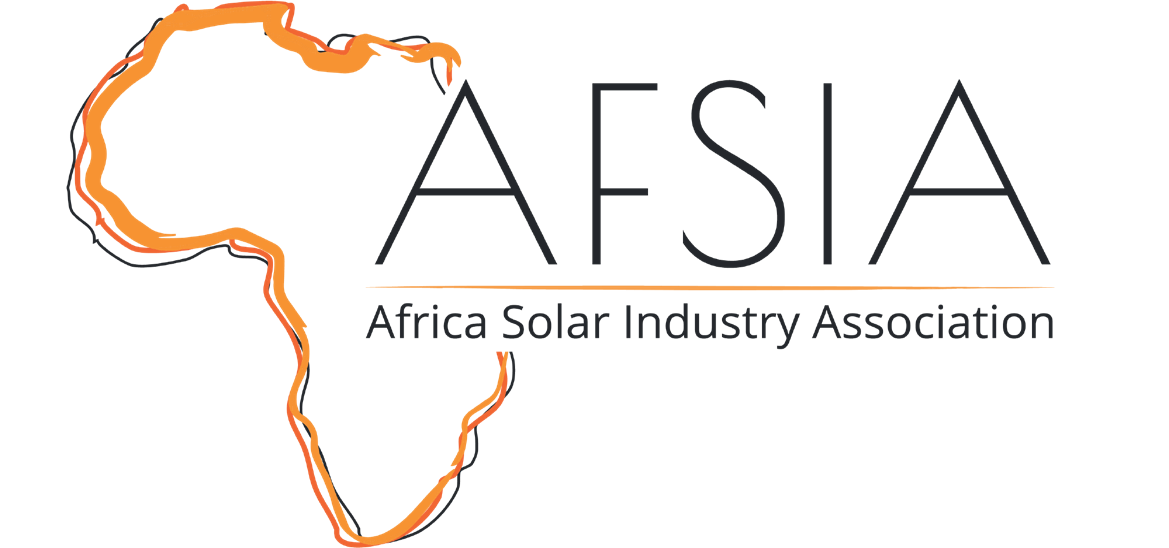
- This event has passed.
The increased 100MW threshold – Municipal opportunities
July 20, 2021 @ 2:00 pm - 3:00 pm
Event Navigation

When President Cyril Ramaphosa announced the self-generation threshold would be raised to 100MW he was at pains to point out that municipalities would still retain a large measure of autonomy over whether this would happen in their boundaries or not.
Power projects have to be grid-compliant, even if islanded from the national system, and businesses who generate their own electricity will also be allowed to wheel electricity to the grid, subject to wheeling charges and connection agreements with Eskom and relevant municipalities. Municipalities will retain discretion to approve grid connection applications on their networks, and the entire process will still be regulated by NERSA and overseen by the DMRE.
Since only 27 municipalities out of 246 in the country have clean audits, this does rather limit the number of municipalities who themselves can procure power directly from power producers, without needing NERSA permission as long as the amount falls under 100MW.
Although, for the most part, municipalities are low on finance, technical capacity and/or creditworthiness to directly take advantage of the change in policy. Considering the single largest source of revenue for most local municipalities is electricity sales, how then do municipalities take advantage of this change in policy direction?
Join ESI Africa Editor, Nicolette Pombo-van Zyl, as she moderates a panel discussion on the following:
- How can municipalities take advantage of intensive energy users in their wards who wish to enter into IPP agreements with private developers?
- Setting up wheeling models, wheeling charges and tariffs in this structure for the South African municipal context
- Ensuring transparency of the process for how municipalities dis/approve grid-connected applicants
- How can municipalities become more investment-ready to participate in and create energy solutions for large power users?
Register here

